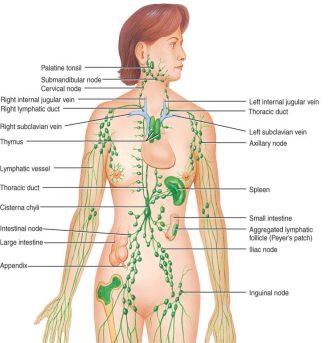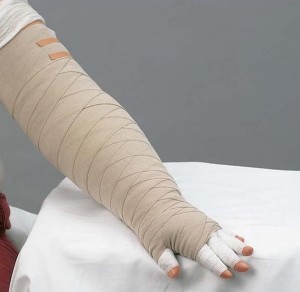Lili Gill, LMT, CPMT, Certified Lymphedema Therapist

Lymphedema Prevention
There are many health issues that can affect our lymphatic system, putting us at risk for developing lymphedema: cancer, lymph nodes radiated or removed, venous insufficiency, infection, scar tissue, injuries, and surgery are some of the most common.
When you are at risk for lymphedema, keeping your lymph flowing well and in the right direction is best done with decongestive exercises, compression, self-manual lymphatic drainage and receiving manual lymphatic drainage (MLD) from a certified professional. If lymphatic vessels or nodes are damaged or removed, it is vital that the therapist is certified in lymphedema therapy and therefore knows how to safely treat your lymphatic system to keep it working optimally and not overburden it.
This session is also appropriate for anyone who is experiencing Stage 1 Lymphedema which is characterized by mild edema that feels soft, pliable and reduces during the night or after elevation.

Lymphedema Treatment
Lymphedema can have profound affects on your life is so many ways. It can cause mobility and physiological problems that force you to restructure your whole life to be able to handle even simple tasks. The emotional toll these changes can take may feel like even more weight to bare. Fortunately, with a diligent commitment to a program of care, lymphedema can be significantly reduced and managed.
This session is for those with significant or long term swelling that has shown no change from previous treatment, self-care, or has recently gotten worse.
